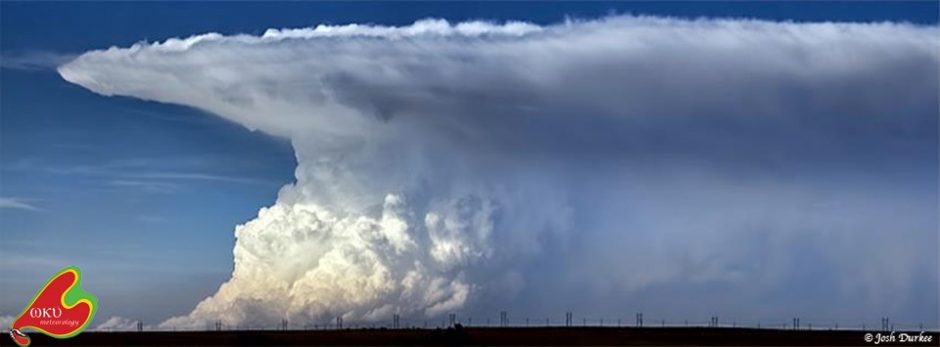John Coleman, the founder of The Weather Channel and currently a TV Meteorologist in San Diego, made news recently by calling Global Warming “The greatest scam in history” on his blog that was also linked to a new website ICECAP that features commentary from scientists who are skeptical about Global Warming. Contrary with the recent skepticism, the recent report from the IPCC contains language that suggests man-made Global Warming is a near certainty. So what is the average person supposed to believe?
In a perfect world, the average person could just read through the IPCC assessment reports and peer-reviewed journals to make up their own minds as to whether or not man-made greenhouse gases are responsible for recent Global Warming. Unfortunately, we do not live in a perfect world and therefore the average person must watch movies like “An Inconvenient Truth” or peruse the blogosphere to get their scientific information. Further, the average person often has personal or political biases that slant their beliefs regarding Global Warming in such a way that they then cherry pick scientific information from those blogs or movies that will bolster their preconceived notions, resulting in a polemic debate where opponents engage in escalating rhetoric that results in unsupported arguments like that from John Coleman.
My best advice for the average person trying to understand the Global Warming issue is to consider the source of any climate change content. Here are some things to consider…
The IPCC is an intergovernmental body of scientists and government officials who assess the latest scientific research regarding climate change in order to provide government officials with an objective source of information about the 1) scientific basis, 2) impacts and vulnerability, and 3) mitigation of climate change. For anyone interested in a concise description of the key science regarding the scientific basis of climate change read the Frequently Asked Questions and/or the Technical Summary for Policymakers. Both of these documents can be understood by anyone with at least a college-level scientific background. If you want to tackle some of the more in depth information, choose any of the individual chapters from the IPCC report.
Real Climate is a website set up by a small number of climate scientists who work at the leading edge of climate change research. They do a good job of taking recent articles from the peer-reviewed literature and explaining them in terms that someone with a college-level scientific background should be able to understand. They also debunk many contrarian arguments used to claim that Global Warming is a hoax. They link to a recent web article from the UK that examines Ten of the most common skeptical arguments about Global Warming and how they have been mostly disproved by recent research.
If you are curious about more of the skeptical arguments regarding Global Warming, World Climate Report involves a few climate scientists that use recent scientific research to cast doubt on some of the more extreme claims from Global Warming proponents. Their opinion is not that the Earth isn’t warming, but rather that there still remain a number of uncertainties about the science and that many of the “end of the world” scenarios discussed by some (hypercanes, 20 ft. sea level rise, anything from “Day After Tomorrow”) are very unlikely to occur. It must be noted that many of the authors of this website have been supported at some point by the fossil fuels industry.
In general, always consider the source when reading about Global Warming (proponent or skeptic) and realize that climate dynamics (radiative transfer, ocean-atmosphere interactions, paleoclimatology, etc.) is a much different science than meteorological dynamics (equations of motion, dry and moist thermodynamics, etc.) and that most meteorologists (and especially TV meteorologists) do not have the background to fully synthesize the climate change literature even though both climatologists and meteorologists are both atmospheric scientists (ie., you wouldn’t ask your podiatrist to perform open heart surgery nor would you want a brain surgeon delivering a breech baby). The best information about Global Warming will always be recent research that incorporates both climate modeling and paleoclimatic studies that integrate the known historical record with modeling studies that incorporate the latest physical understanding of the Earth’s climate system (ie., the folks at Real Climate do just this sort of research). To this point, many of the contrarian arguments about Global Warming involve outdated ideas that have long since been proven false.
